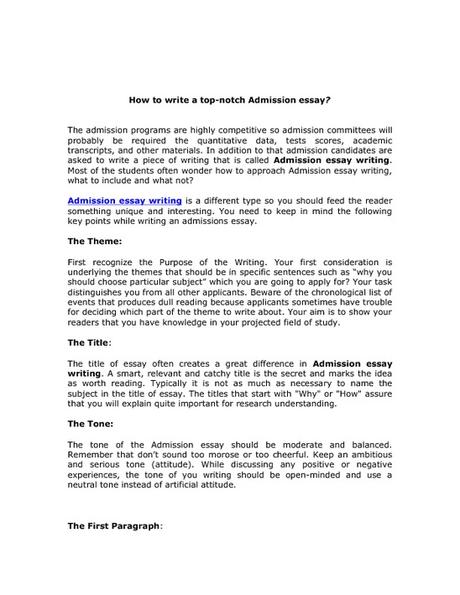Locke motivates the distinction between two types of qualities by discussing how a body could produce an idea in us. The theory of perception endorsed by Locke is highly mechanical. All perception occurs as a result of motion and collision. If I smell the baked potato, there must be small material particles which are flying off of the potato and bumping into nerves in my nose, the motion in the nose-nerves causes a chain reaction along my nervous system until eventually there is some motion in my brain and I experience the idea of a certain smell. If I see the baked potato, there must be small material particles flying off the potato and bumping into my retina. That bumping causes a similar chain reaction which ends in my experience of a certain roundish shape.
Career opportunities in intellectual property law - Oppedahl
The persistent reader may press the question: "Suppose I have such good fortune that my law school offers truly inspirational faculty in all areas. Then what classes should I take to enhance my career in intellectual property law?" In response, we offer comments on some important courses:
IPSANZ | Intellectual Property Society of Australia and
When you receive an offer for this course you will be required to pay a non-refundable deposit to secure your place. The deposit will be credited towards your total fee payment.
John Locke (Internet Encyclopedia of Philosophy)
Moving from small communities to larger ones a more general form of agreement between authors, inventors, and society can be considered. If intellectual works are to be held as anything other than trade secrets, walled off with narrow contracts like non-disclosure agreements or non-competition arrangements, there must be a way of securing access. Society may purchase access by offering limited rights to authors and inventors. Moreover, if some society does not offer this sort of protection, then innovators would likely employ their talents in other areas or simply move to a society where such agreements are recognized (Moore 7567).
And to be clear that Locke believes that it is authors who should have a property right in their literary works that can be freely alienated in the marketplace, he further proposes an amendment to Parliament that any new printing statute should expressly "secure the author's property in his copy, or to his whom he has transferred it."[69]
I'm a service provider and I registered my pink logo and the name Barks and Bubbles. The new business can't infringe on my service mark. They can use something similar, but they can't use my exact name and logo, or a name and logo that are so similar to mine that a customer might be confused. If they do, I can sue for service mark infringement and possibly collect money damages.
Moreover, personality-based theories of intellectual property often appeal to other moral considerations. Hegel's personality-based justification of intellectual property rights included an incentive-based component as well he asserts that protecting the sciences promotes them, benefiting society (Hegel, 6876). Perhaps the best way to protect these intuitively attractive personality-based claims to intangible works is to adopt a more comprehensive system designed to promote progress and social utility.
Awesome article. Note that all property rights have term limits. Dead people cannot have property rights. Wills and intestate transfers are more about a first right of refusal and orderly transfers than perpetual property rights as Rand points out.
Locke's views on education were, for the time, quite forward-looking. Classical languages, usually learned through tedious exercises involving rote memorization, and corporeal punishment were two predominant features of the seventeenth century English educational system. Locke saw little use for either. Instead, he emphasized the importance of teaching practical knowledge. He recognized that children learn best when they are engaged with the subject matter. Locke also foreshadowed some contemporary pedagogical views by suggesting that children should be allowed some self-direction in their course of study and should have the ability to pursue their interests.
It is of less than no interest to me if the person went to one of the law schools that is said to be particularly good for patent law. I don't even notice that on resumes.

"Essay on intellectual property" in pictures. More images "Essay on intellectual property".

